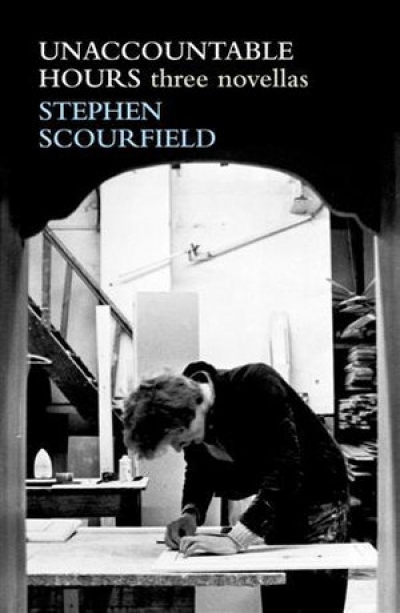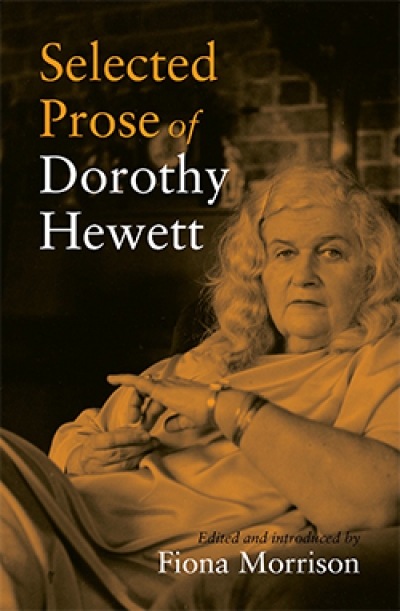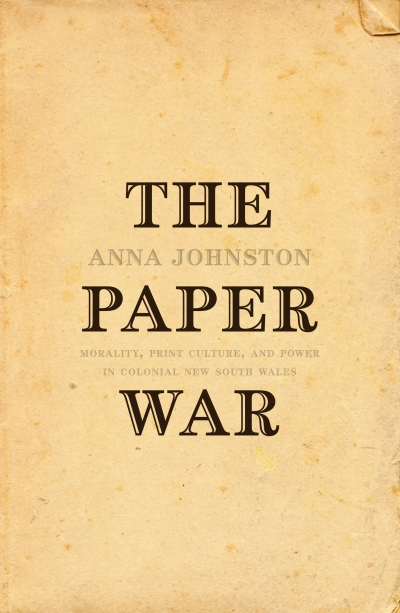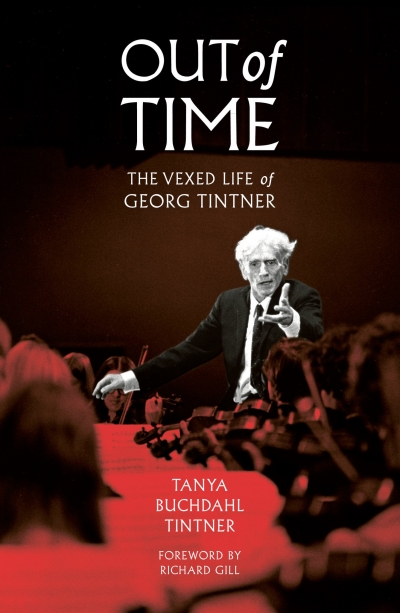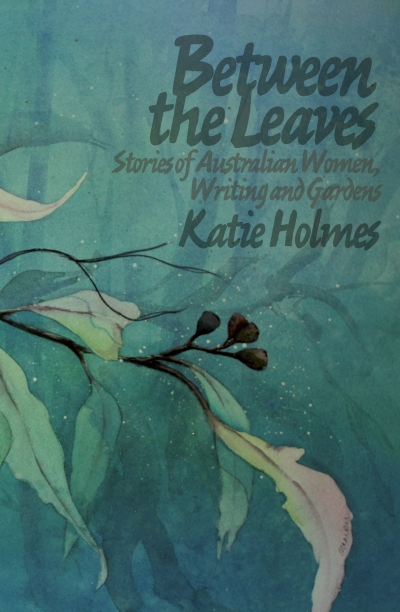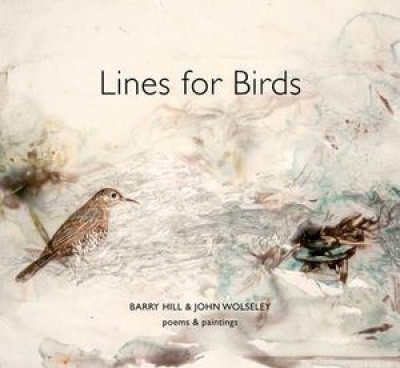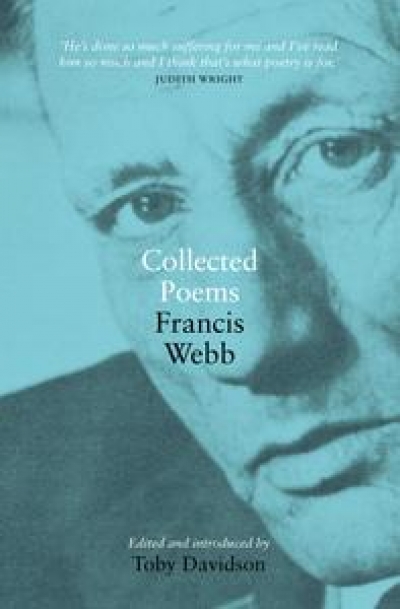UWA Publishing
The Paper War: Morality, Print Culture, and Power in Colonial New South Wales by Anna Johnston
by Grace Karskens •
Out of Time: The Vexed Life of Georg Tintner by Tanya Buchdahl Tintner
by John Carmody •
Between the Leaves: Stories of Australian Women, Writing and Gardens by Katie Holmes
by Penny Hanley •
Lines for Birds: Poems and Paintings by Barry Hill and John Wolseley
by Chris Wallace-Crabbe •
The Lure of Politics: Geoff Gallop’s Government 2001–2006 by Lesley van Schoubroeck
by Clement Macintyre •
Australia’s feisty first female High Court judge
John Bryson
From Moree to Mabo: The Mary Gaudron Story
by Pamela Burton
UWA Publishing, $49.95 pb, 511 pp, 9781742580982
H.V. Evatt, on the hustings during an election campaign, was asked by an eig ...

